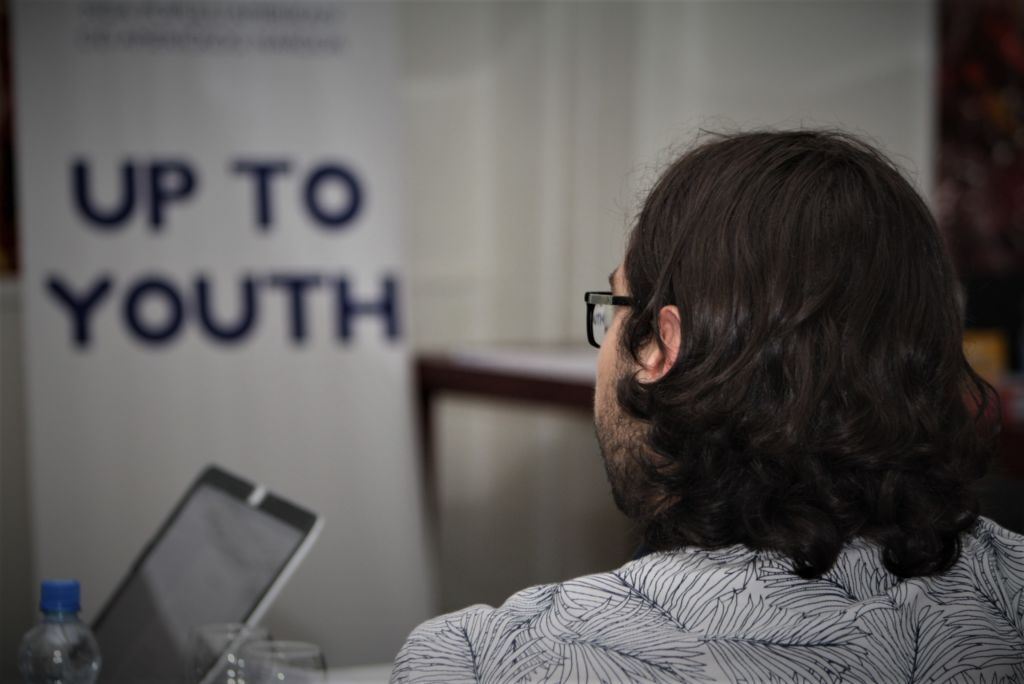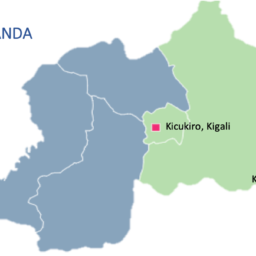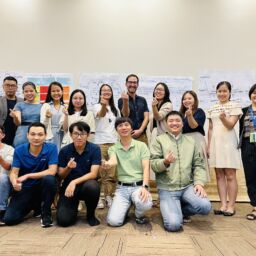
In 2018 LINC released a solicitation for local organizations in Macedonia to co-implement an Organizational Network Analysis (ONA). The work was part of the USAID-funded Local Systems Practice (LSP) activity and set out to identify local development actors, their relationships and levels of influence utilizing the ONA method. In line with LINC’s mission “to engage committed, capable local actors to be leaders of their own development”, we wanted to do more than just a study. We wanted to co-implement the research with a local organization able to demonstrate the skills, motivation and human resources to learn LINC’s ONA method, co-implement this research, and carry-out more in the future.
The Macedonian Center for International Cooperation (MCIC) turned out to be just that organization. After successfully completing this study with us in Macedonia, MCIC took their work cross-border, providing technical assistance to around 20 youth and representatives of our local partner organizations with whom we work under the USAID-funded Up To Youth project in Kosovo. The technical assistance was provided by MCIC’s Boris Ristovski, who traveled to Pristina, Kosovo to provide training in visualization of network data utilizing the Kumu platform.
At LINC, we are proud to be able to share this experience as it is not only a perfectly aligned representation of our mission “to engage committed, capable local actors to be leaders of their own development”, but also an example of how strengthening local actors can have a multiplier effect in the regions where we work.
Please read Boris Ristovski testimonial below:
“The network analysis tool has improved the capacity of the MCIC team to implement systems thinking approaches in our ongoing activities and programs. Today, we are better equipped to understand and to analyze local development actors and assess the dynamics, relationships, and levels of influence between different developmental actors.
Even more, we have learned new methodical skills on how to construct interactive visualizations of the developmental relationships and highlight their most relevant connections. Visualizing the findings from the Organizational Network Analysis was the final step of the process, for what we were introduced to Kumu, an online tool for data visualization. We received appropriate training and we were able to successfully visualize and present the findings in a more understandable manner.
Being introduced to Kumu, along with the practical experience gained by using it for the ONA project in North Macedonia was the perfect base for the training I held for the purposes of the Up To Youth project in Kosovo. Around 20 youth participants were trained for the basics of data visualization using Kumu. Eager to learn, the group was highly collaborative and managed to visualize the data gathered for the research activity.
The experience of being introduced to the right tool which is universal and applicable to different countries and contexts, using it in practice and sharing the knowledge with peers is a great example of knowledge transfer and local systems strengthening.”



